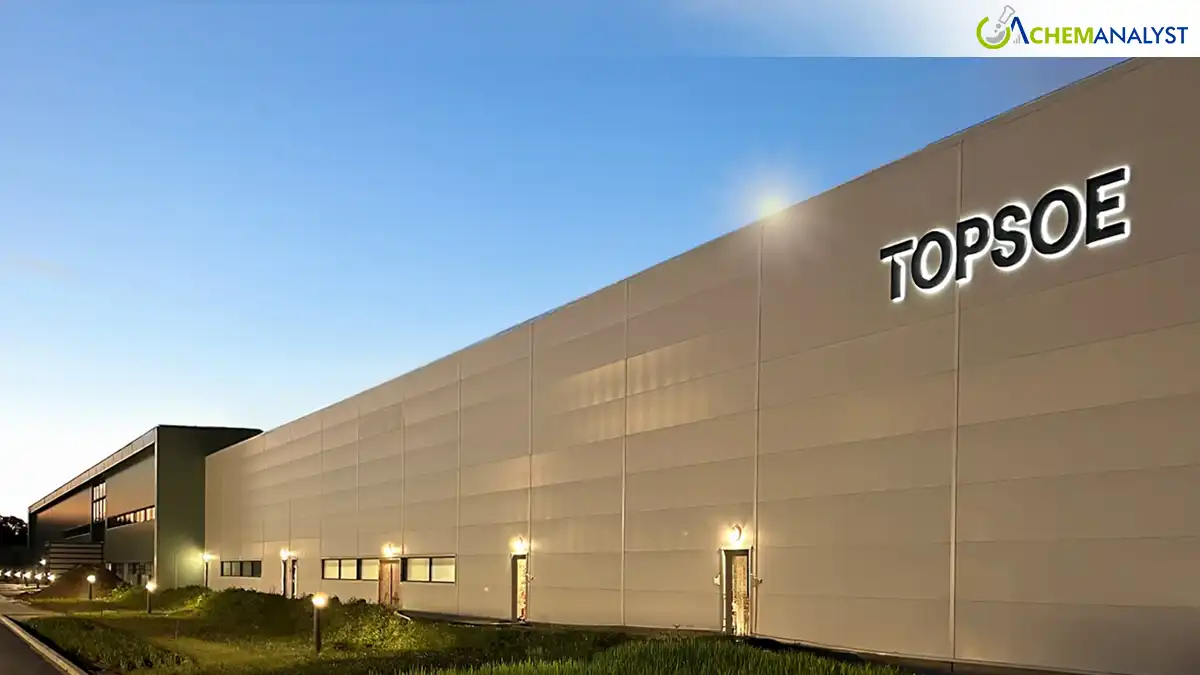Welcome To ChemAnalyst

This groundbreaking initiative seeks to combat global hunger by creating a sustainable food source that is independent of traditional agriculture.
An international consortium of researchers and companies is advancing a bold project to convert carbon dioxide (CO2) into protein-rich food, moving into its second phase with renewed funding. The initiative, first established in 2023, is a direct response to a worsening global hunger crisis, with over 295 million people experiencing acute hunger in 2024. The technology could potentially produce enough protein to feed one billion people annually.
The core of the consortium's work is a radically new approach to food production that replaces sugar in fermentation processes with CO2-derived acetate, a substance also known as vinegar. This method decouples food production from the need for vast agricultural lands, which currently strain natural resources. By using CO2 as a raw material, the project aims to create a more resilient and sustainable food system.
With renewed funding of up to DKK 162.2 million (€21.7 million) from the Novo Nordisk Foundation and the Gates Foundation, the consortium will now focus on optimizing and scaling the technologies. The new two-year phase (2025-2027) will also involve the development and testing of actual food prototypes. This is a significant step forward from Phase One, which successfully developed microbial strains that grow on 100% acetate and contain over 40% protein.
Among the key partners, Topsoe will continue to play a crucial role, providing its Solid Oxide Electrolyzer Cell (SOEC) and e-methanol loop technology. This technology enables the production of green hydrogen using renewable electricity, which is a vital component of the conversion process. According to Poul Georg Moses, Topsoe's Chief Technology Officer, the company is "creating a solid evidence base for the technologies and concepts, paving the way for an up-coming demonstration of the project’s potential."
The consortium includes a diverse range of partners, from leading academic institutions like Aarhus University and Northwestern University to private companies like Novonesis and Orkla. The group will conduct Life Cycle Assessments to evaluate the environmental and economic impact of the new production routes.
Claus Felby, Vice President for Agri-Food at the Novo Nordisk Foundation, highlighted the project's rapid progress. "When the consortium began its work two years ago, making food derived from CO2 seemed like something taken from a science fiction movie," he stated. "Within the next two years, we can expect to see actual prototypes of food products that will be tested by consumers."
We use cookies to deliver the best possible experience on our website. To learn more, visit our Privacy Policy. By continuing to use this site or by closing this box, you consent to our use of cookies. More info.
